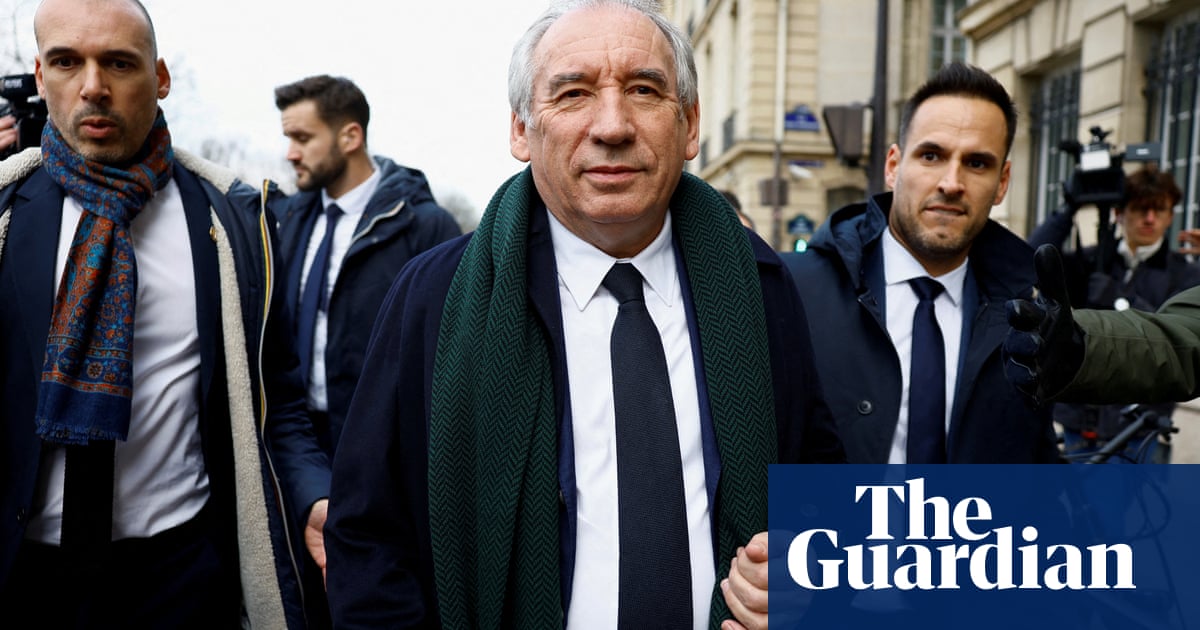François Bayrou, the new French prime minister, calls himself a country man. A tractor-driving “son of the soil” and breeder of thoroughbreds, he has run for president three times, saying his rural roots and centrist politics led him to try to find common ground between left and right.
Born to a family of farmers in the Béarn, Bayrou’s more than 40-year political career is built on his insistence on never cutting ties to the area of his childhood at the foot of the Pyrenees in south-west France.
He grew up in the small village of Bordères, between the Catholic pilgrimage shrine of Lourdes and Nay, the birthplace of the beret. A Catholic and father of six, he still has a home in the village and is mayor of the south-western city of Pau, 20km away.
The 73-year-old has carefully built an image as a country intellectual. When he was a child, he had a stammer and a doctor predicted he would never be able to perform on the stage, be a teacher or a politician – he later said he was proud to have done all three.
He studied classics, taught in a state school and is a biographer of the 16th- and 17th-century French king Henri IV. He was education minister during presidencies of the Socialist François Mitterand and the rightwing Jacques Chirac. He gained notoriety during his 2002 campaign for president when, on a walkabout in a neighbourhood of Strasbourg, a child allegedly tried to pick his pocket and he slapped him in the face. The incident led to a rise in his poll ratings.
Bayrou is head of the centrist MoDem party, which has been part of Macron’s centrist alliance since 2017. During the 2017 presidential race, Bayrou’s support of the young Macron was seen as key to him winning the election. Having at first criticised Macron, a former banker, for representing the interests of money, Bayrou later allied with him, pushing for more proportional representation in French politics. He has remained a closed confidant ever since.
Bayrou was named justice minister by Macron in 2017. But he resigned soon after when an embezzlement case was opened against him and members of his party. They were accused of using European parliament money intended for parliamentary assistants to instead fund party work in France.
In February this year, Bayrou was cleared in the case, with the judge ruling that he was owed the “benefit of the doubt”. Two others were cleared and eight people were convicted. But the state prosecutor has appealed against all three acquittals, which means that Bayrou will face a retrial, the date of which has not yet been set.
Bayrou ran for president in 2002, 2007 and 2012, and could attempt to run again.
after newsletter promotion
In 2012, he was seen by Nicolas Sarkozy’s rightwing campaign as a “traitor” for saying he would vote for the Socialist François Hollande in the final round.
Bayrou has said that his aim in politics is to “talk to everyone” from all parties.

